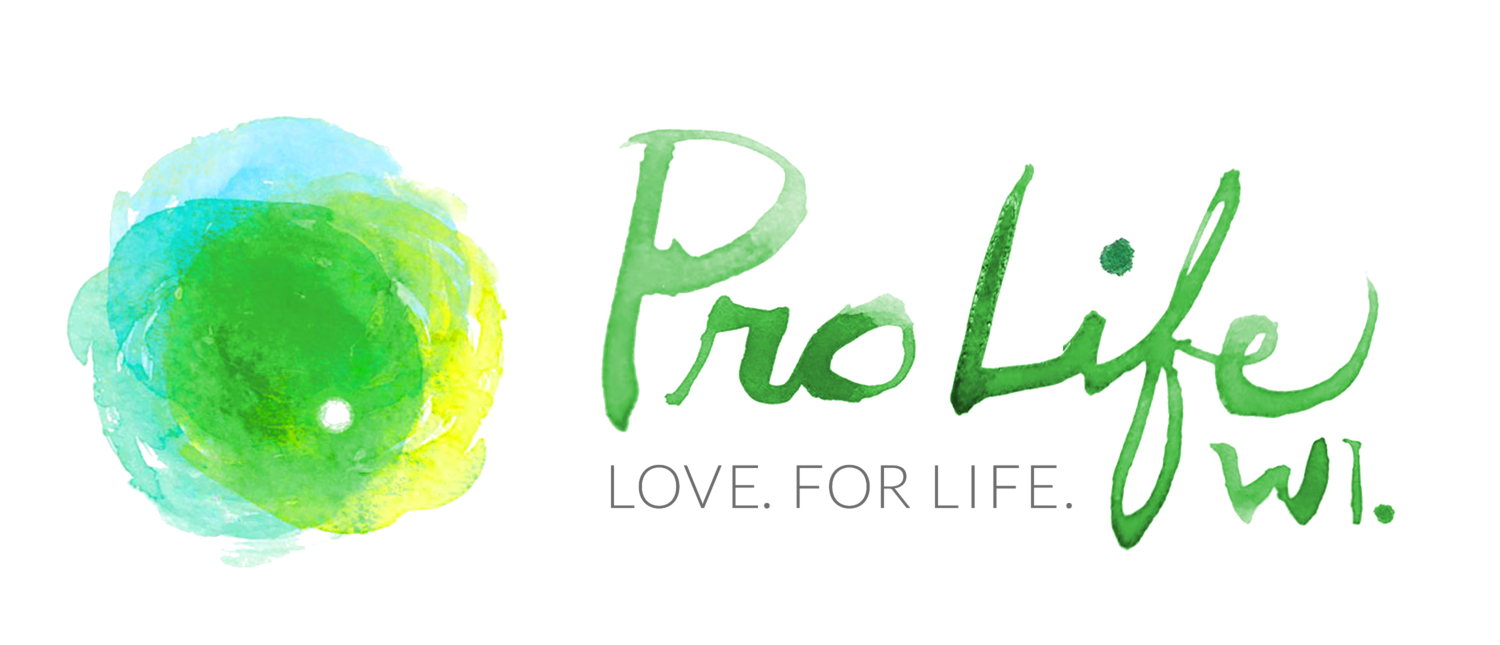In Vitro Fertilization (IVF)
What is it?
In Vitro Fertilization (IVF) is a means of artificially conceiving human life. From the Latin, “In Vitro” is defined as “in glass,” and IVF is a test or procedure performed outside of a living organism, in a laboratory environment, such as a test tube or petri dish. Proponents of this practice, now including the current administration, claim that IVF is a good solution to infertility and a means of creating strong families.
The first live birth resulting from human IVF was in 1978 in England, so this practice has been around for decades. However, the IVF process still has some concerning drawbacks and ethical concerns which are outlined below.
HOw Does IVF work?
According to the American Pregnancy Association,* the following is how IVF is typically performed:
Image of needle in petri dish for IVF process
The woman seeking to become pregnant takes fertility medications/hormones so that not just one but several eggs mature that menstrual cycle.
The woman goes to a doctor who uses a needle to remove the eggs.
The man ejaculates sperm for collection for use in fertilizing the eggs from the woman.
The eggs are inseminated with the sperm. Once fertilization has occurred, embryonic human life is present.
Several embryos are transferred to the woman’s uterus at about 3-5 days post-fertilization via a catheter.
Why does pro-life wisconsin object to ivf?
IVF is a pro-life issue because human beings’ lives are at stake when subjected to this process. The live birth rate for children conceived through IVF varies, but falls in the range of about 13-43% according to the same American Pregnancy Association*. This means that an incredibly saddening fact of IVF is that about 57-87% of the children conceived in this manner die in the process of IVF or during the pregnancy ensuing from IVF.
Other objections:
Transfers are of several embryos, which means that if more than one or a few of these implant, selective reduction (aborting one or a few embryos) is often practiced.
IVF allows couples to select embryos for implantation based on genetic traits such as sex.
Some embryos are frozen indefinitely, especially if parents have “too many” fertilized eggs (which are human beings).
IVF is often paired with surrogacy, leading to the commercialization of babies.
What about Infertility?
Pro-Life Wisconsin stands in prayerful sympathy with married couples who have trouble conceiving a baby naturally. However, Pro-Life Wisconsin stands firmly against IVF. Children are a gift from God, not a right. No one has the right to experiment in the creation of human life. In addition, many of the embryos conceived through IVF meet their deaths discarded as lab waste, perishing in failed implantation, or even being killed in selective reduction abortions after implantation. Couples struggling with infertility have other, life-affirming options such as NaProTECHNOLOGY (Natural Procreative Technology) which is used right here in Wisconsin at the St. Gianna Clinic in De Pere and Our Lady of Hope Clinic in Middleton, where miracles are happening every day.
St. Gianna Clinic—“What is NaPro Technology and How Can it Help Me?”
Our Lady of Hope Clinic—“Fertility & Women’s Health Solutions”
Other Resources on ivf and infertility
Sources:
Editor. (2022). IVF - In Vitro Fertilization. Retrieved from https://americanpregnancy.org/getting-pregnant/infertility/in-vitro-fertilization/
Fact sheet: President Donald J. Trump expands access to in vitro fertilization (IVF). (2025). Retrieved from https://www.whitehouse.gov/fact-sheets/2025/02/fact-sheet-president-donald-j-trump-expands-access-to-in-vitro-fertilization-ivf/

